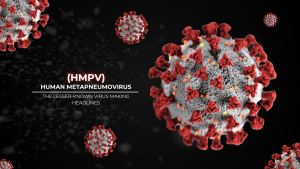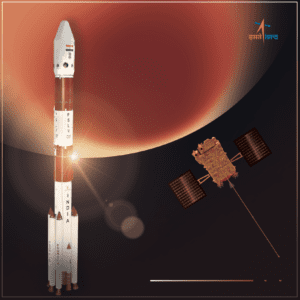Artificial intelligence (AI) is rapidly becoming a part of our everyday lives. We use AI-powered devices to help us with everything from online shopping to navigation.
AI, or artificial intelligence, is a branch of computer science that deals with the creation of intelligent agents, which are systems that can reason, learn, and act autonomously. AI research has been highly successful in developing effective techniques for solving a wide range of problems, from game playing to medical diagnosis.
AI is often abbreviated as “AI”, “A.I.”, or “Artificial Intelligence”.
AI is also being used in a variety of industries, including healthcare, finance, and manufacturing. In healthcare, AI is being used to diagnose diseases, develop new treatments, and provide personalized care. In finance, AI is being used to make trading decisions, detect fraud, and provide customer service. In manufacturing, AI is being used to automate tasks, improve efficiency, and reduce waste.
The rise of AI has the potential to revolutionize many industries. It can help us to solve some of the world’s most pressing problems, such as climate change and poverty. However, there are also some potential risks associated with AI, such as job displacement and bias.
It is important to be aware of both the potential benefits and risks of AI. By understanding these, we can work to ensure that AI is used for good and not for harm.
The Future of Healthcare: AI Powered Discoveries and Innovations
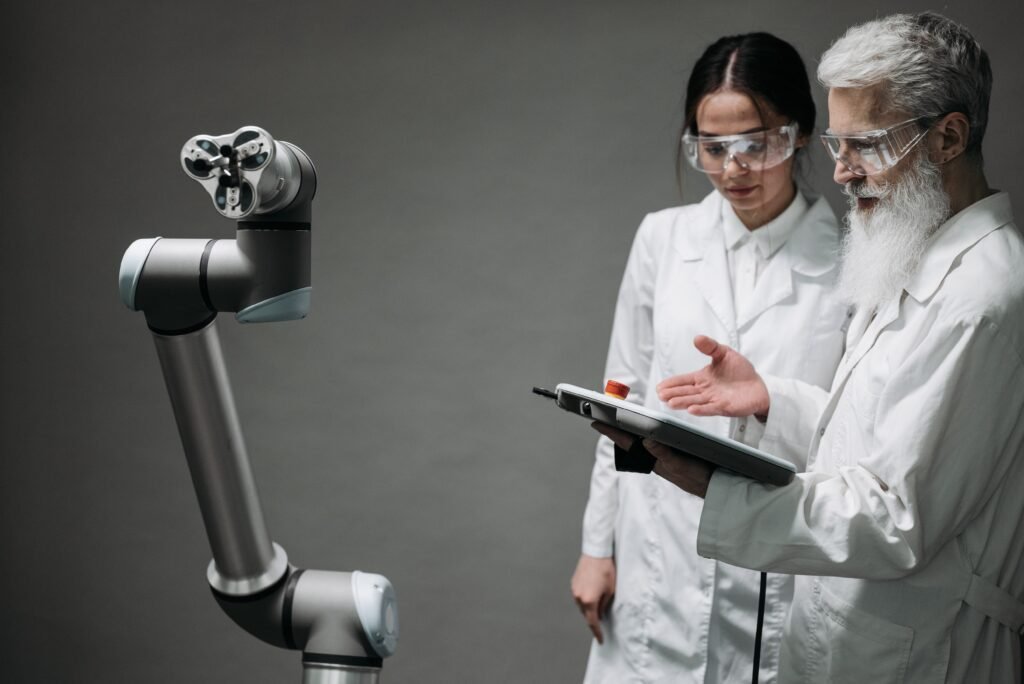
The future of healthcare is likely to be very different from the present. AI, robotics, and other technologies are already starting to transform the way that healthcare is delivered.
In the future, we can expect to see AI-powered devices that can diagnose diseases more accurately than human doctors. We can also expect to see robots that can perform surgery with greater precision and safety.
In addition to these technological advances, the future of healthcare is also likely to be more personalized. AI will be used to collect and analyze vast amounts of data about each individual patient. This data will be used to create personalized treatment plans that are tailored to each patient’s specific needs.
The future of healthcare is full of promise. By using technology to its fullest potential, we can create a healthcare system that is more efficient, effective, and personalized.
The Future of Education: AI Driven Innovations and Transformations
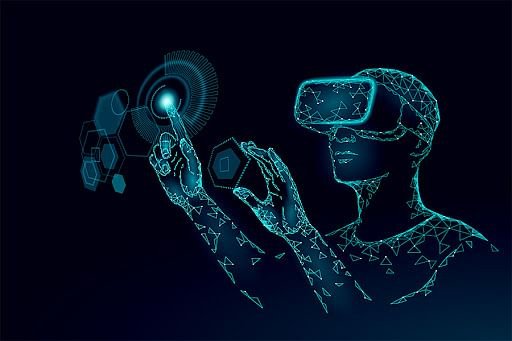
The future of education is also likely to be transformed by technology. AI, virtual reality, and other technologies are already being used to create new and innovative learning experiences.
In the future, we can expect to see students learning in virtual classrooms that are more engaging and interactive than traditional classrooms. We can also expect to see students using AI-powered tutors that can provide personalized instruction.
In addition to these technological advances, the future of education is also likely to be more collaborative. Students will be able to learn from each other and from experts around the world through online platforms.
The future of education is full of possibilities. By using technology to its fullest potential, we can create an education system that is more personalized, engaging, and effective.
The Future of Transportation: AI Enabled Advancements and Transformations
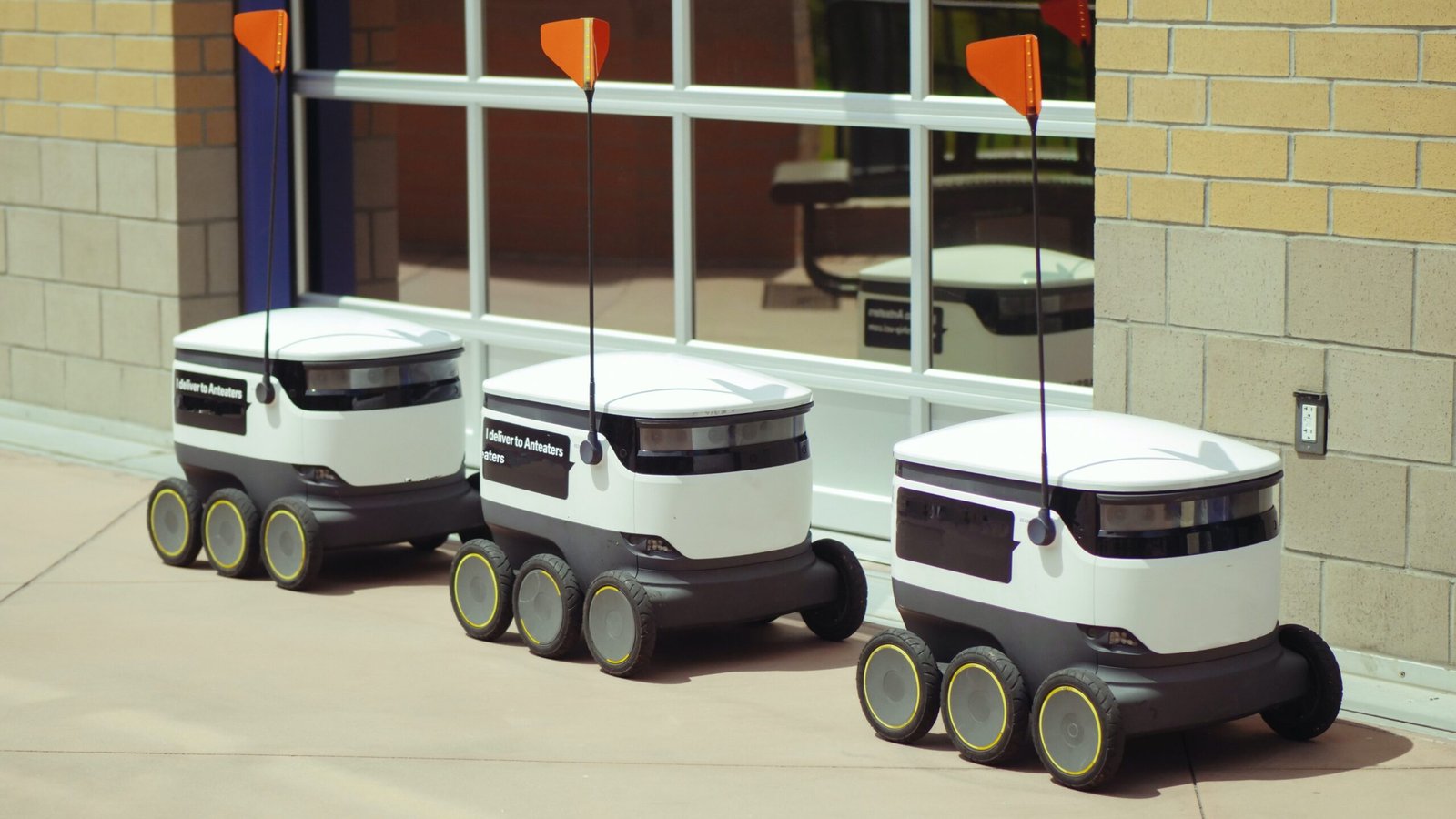
The future of transportation is likely to be very different from the present. Self-driving cars, flying taxis, and hyperloop transportation are just a few of the technologies that are being developed that could revolutionize the way we get around.
Self-driving cars are already being tested in some cities, and they have the potential to make transportation safer, more efficient, and more accessible. Flying taxis are still in the early stages of development, but they could offer a new way to travel that is faster and more convenient than cars or public transportation. Hyperloop transportation is a concept for a high-speed transportation system that could travel at speeds of up to 760 miles per hour.
In addition to these technological advances, the future of transportation is also likely to be more sustainable. Electric cars and other forms of green transportation are becoming more popular, and there is a growing focus on developing transportation systems that are less harmful to the environment.
The future of transportation is full of possibilities. By using technology to its fullest potential, we can create a transportation system that is safer, more efficient, more accessible, and more sustainable.
The Future of Food: AI Enhanced Innovations and Sustainability
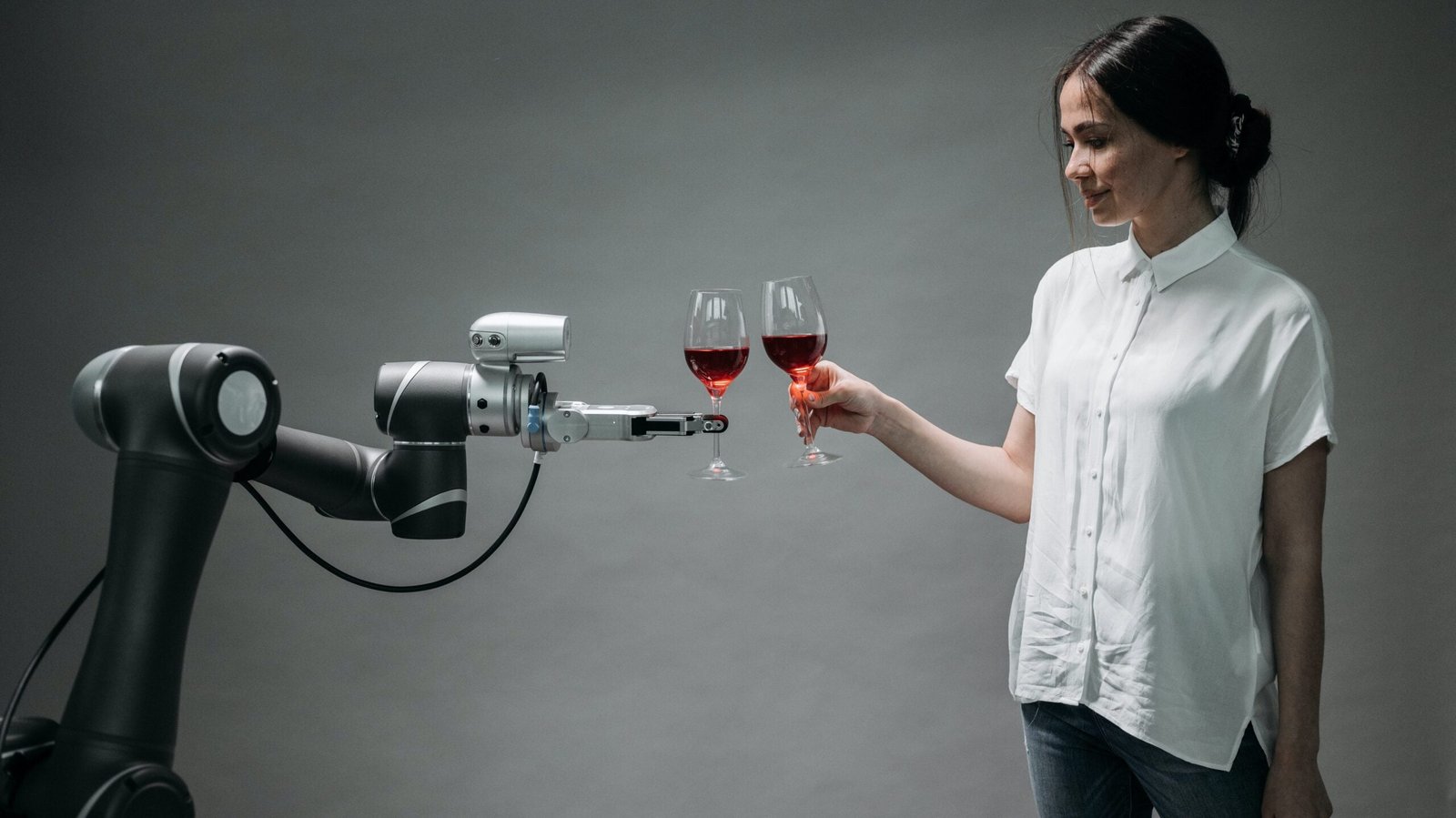
The future of food is also likely to be transformed by technology. Vertical farming, gene editing, and other technologies are already being used to create new and innovative ways to produce food.
Vertical farming is a method of growing food in vertically stacked layers. This method can be used to grow food in urban areas, where land is scarce. Gene editing is a technology that can be used to modify the DNA of plants and animals. This technology can be used to create crops that are more resistant to pests and diseases, or that have higher yields.
In addition to these technological advances, the future of food is also likely to be more sustainable. There is a growing focus on developing food production systems that are less harmful to the environment. This includes using less water, less land, and less energy to produce food.
The future of food is full of possibilities. By using technology to its fullest potential, we can create a food system that is more sustainable, more nutritious, and more accessible to everyone.
The Future of Space Exploration: AI Powered Endeavors and Discoveries
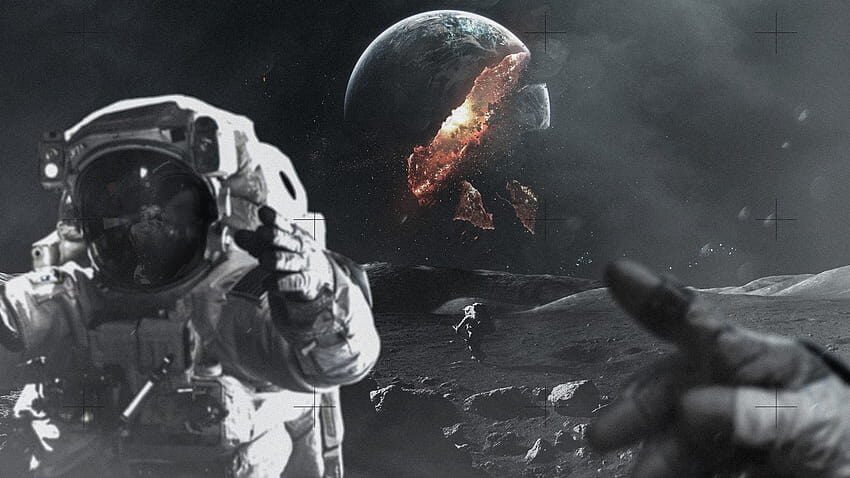
The future of space exploration is likely to be very exciting. We are already exploring the solar system with probes and rovers, and we are on the cusp of sending humans to Mars.
In the future, we can expect to see humans exploring other planets, moons, and asteroids. We can also expect to see the development of new technologies that will allow us to travel further and faster than ever before.
One of the most exciting possibilities for the future of space exploration is the development of artificial intelligence (AI). AI could be used to automate many of the tasks involved in space exploration, such as piloting spacecraft and conducting experiments. This would free up human astronauts to focus on more creative and strategic tasks.
Another exciting possibility for the future of space exploration is the development of new propulsion technologies. These technologies could allow us to travel to distant stars and galaxies in a fraction of the time it would take today. This would open up the possibility of exploring other star systems and finding new life.
The future of space exploration is full of possibilities. By using technology to its fullest potential, we can explore the universe and learn more about our place in it.
The Future of the Internet: AI Driven Advancements and Connectivity
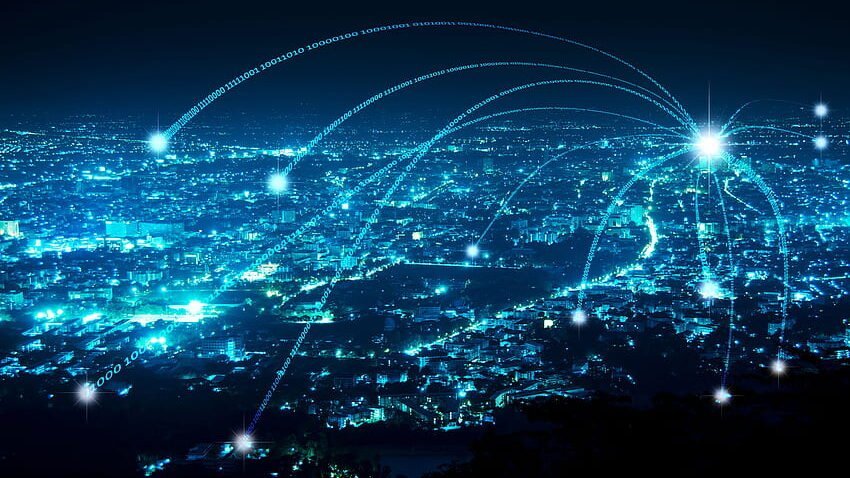
The future of the internet is likely to be very different from the present. The internet is already becoming more and more interconnected, and it is likely to become even more so in the future.
One of the most exciting possibilities for the future of the internet is the development of the metaverse. The metaverse is a virtual world that is being created by tech giants like Meta (formerly Facebook), Microsoft, and Google. It is a place where people can interact with each other, go to work, play games, and even attend concerts.
The metaverse has the potential to change the way we live, work, and play. It could be a place where we can connect with people from all over the world, learn new skills, and explore new possibilities.
Another exciting possibility for the future of the internet is the development of new technologies that will make the internet more accessible and affordable. For example, 5G and satellite internet could make it possible for people in rural areas to have access to high-speed internet.
The future of the internet is full of possibilities. By using technology to its fullest potential, we can create an internet that is more interconnected, more accessible, and more beneficial to everyone.
The Future of Artificial Intelligence
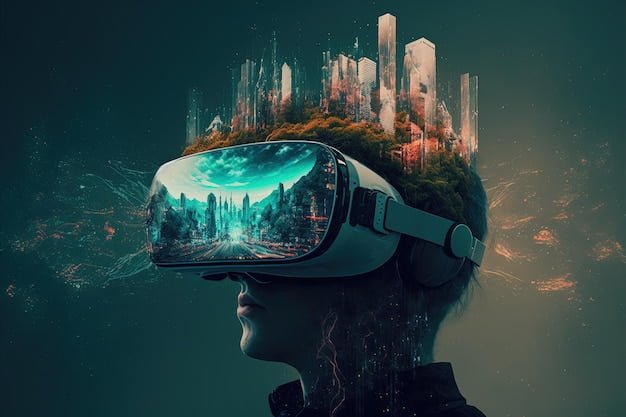
The future of artificial intelligence (AI) is one of the most exciting and debated topics of our time. AI has the potential to revolutionize many industries, but there are also some potential risks associated with it.
One of the most exciting possibilities for AI is its potential to solve some of the world’s most pressing problems. For example, AI could be used to develop new medical treatments, improve energy efficiency, and create more sustainable forms of transportation.
However, there are also some potential risks associated with AI. For example, AI could be used to create autonomous weapons that could kill without human intervention. AI could also be used to create deepfakes that could be used to spread misinformation or propaganda.
It is important to be aware of both the potential benefits and risks of AI. By understanding these, we can work to ensure that AI is used for good and not for harm.
The future of AI is full of promise, but it is also full of challenges. By working together, we can ensure that AI is used to create a better future for all.



